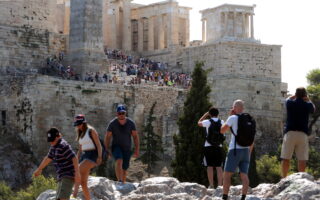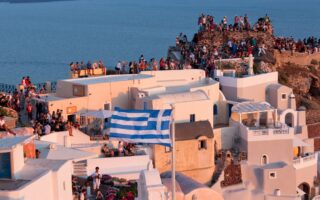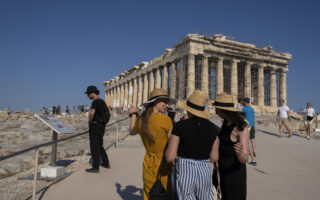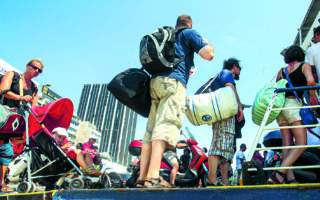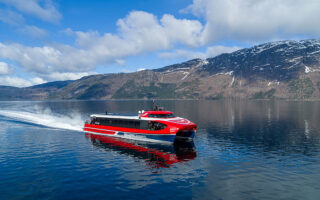Will Greek tourism fall victim to success?
With the industry posting record numbers this year, questions arising over its overall impact
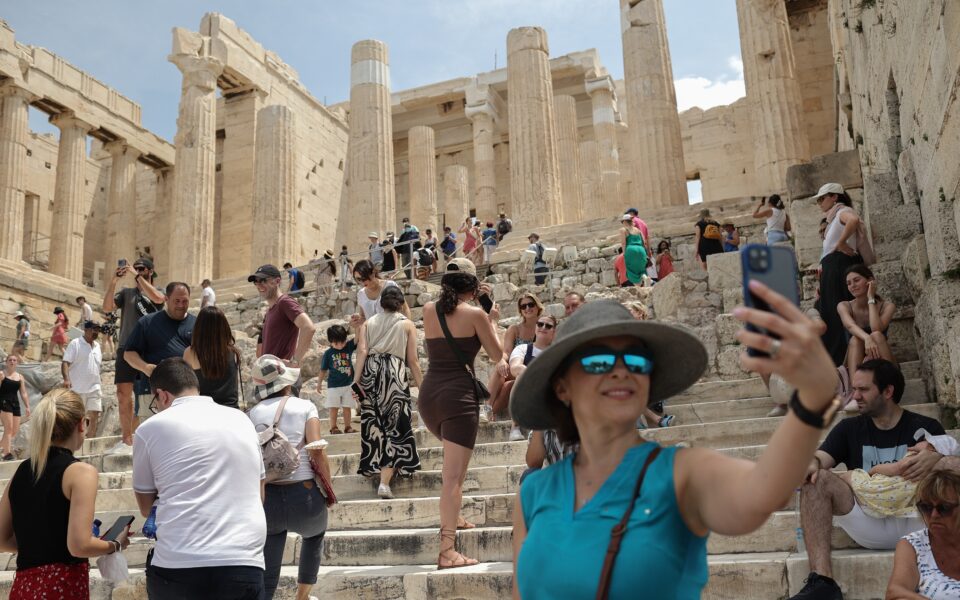
As the Greek tourism industry continues to smash records in arrivals and receipts this year it has prompted questions whether this is sustainable and if the infrastructure can cope.
While having succeeded in attracting high-income visitors, the most popular islands are still bogged down by mass tourism. At the same time, alternative destinations are being transformed by dense construction and the demand for VIP services. Luxury summer residences are springing up on the slopes of the islands, which, even when they do have swimming pools, may not be connected to central sewage systems.
International passenger arrivals in July at Greece’s 14 largest regional airports stood at 5.127 million passengers compared to 4.49 million in the corresponding month of 2019. The figures are a new record for arrivals at these airports and represent a 13.9% increase compared to the record levels registered in the same month of 2019. Moreover, early data from August already suggest that the increase in inbound tourism is escalating. Tellingly, arrivals on the southeast Aegean islands in the first week of August were up 17% compared to the same period in 2019. With foreign tourists flooding popular islands, many Greeks and foreigners alike turned to alternative destinations, such as Naxos or Tinos, as well as Epirus on the mainland. Thousands of Greek homeowners on islands preferred to rent or even leave them empty in August rather than experience the overcrowding.
Greek tourism institutions and government officials estimate that inbound tourism revenues could reach 20 billion euros this year compared to 18.2 billion euros in 2019. This would translate into additional fiscal revenues of €2.5 billion, out of the originally budgeted revenues of €15 billion.
However, alongside the increased revenues are compelling questions about sustainability.
Given the proverbial Greek rule-bending, the lack of infrastructure, numerous other problems in once-pristine areas, the absence of parking spaces and the uncontrolled number of private vehicles on islands that simply cannot accommodate them, it is easy to see that without strategic planning Greek tourism will fall victim to its success.
This means the level of visitor satisfaction will begin to drop, eventually damaging Greece’s reputation. A case in point is the third-world images of overcrowded buses on Paros currently doing the rounds on social media.
